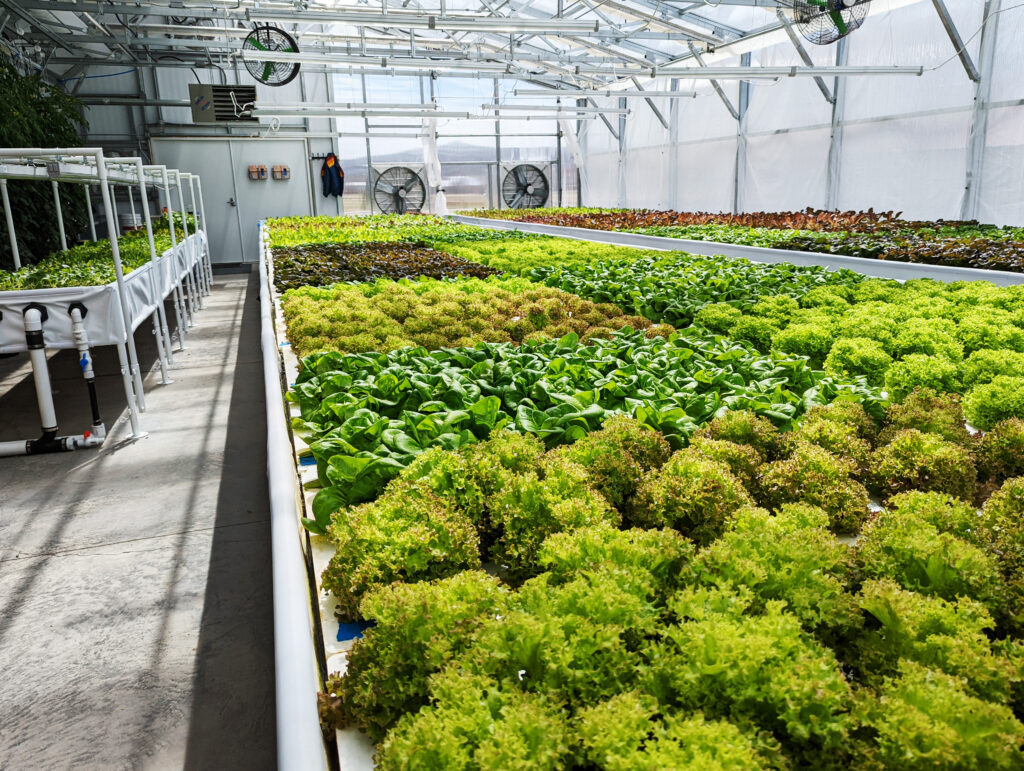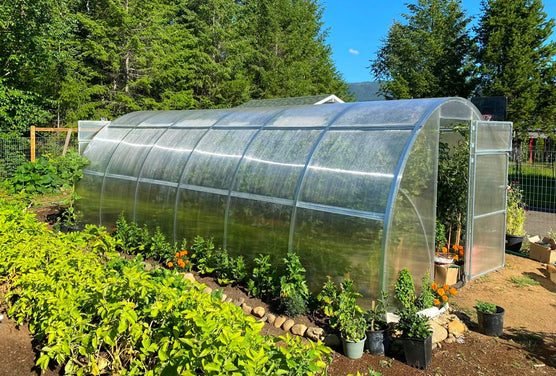Greenhouse Farming: Maximizing Crop Yields and Sustainability
With managed settings and minimized water usage, greenhouse farming uses the perfect remedy for year-round manufacturing of fresh fruit and vegetables. Discover the advantages of greenhouse farming and begin reaping the advantages today!
Advantages of Greenhouse Farming
Are you questioning what makes greenhouse farming so advantageous? Well, allow me inform you! One of the significant benefits of greenhouse farming is the capacity to control the setting in which crops are grown. With a greenhouse, you can adjust elements like light, temperature, and moisture to optimize plant development. This means that you can grow plants throughout the year, no matter the weather outside.
One more advantage of greenhouse farming is the decrease in water usage. Greenhouses are made to be water-efficient, with systems that catch and reuse water, lessening wastage. This is specifically essential in locations where water shortage is a concern. By utilizing water more successfully, greenhouse farming helps to preserve this precious source.
Furthermore, greenhouse farming permits for better bug and disease administration. With the regulated environment, it is much easier to manage the spread and protect against of bugs and diseases. This decreases the need for dangerous chemicals, making greenhouse-grown crops more secure and much more environmentally pleasant.
Additionally, greenhouse farming supplies protection against severe climate events. Crops grown in greenhouses are secured from hefty rainfall, solid winds, and hailstorms, which can damage or ruin exterior crops. Monarch Greenhouse construction Utah. This protection makes certain an extra steady and reputable plant return, also during unforeseeable climate condition

Maximizing Crop Returns With Controlled Environments
To make best use of plant yields in greenhouse farming, you can attain ideal outcomes by controlling the atmosphere. One of the key advantages of greenhouse farming is the capacity to manage these ecological elements, permitting you to customize them to the certain needs of each crop. By carrying out these regulated settings, you can maximize crop yields and accomplish constant, top quality fruit and vegetables throughout the year.
Promoting Sustainability Through Greenhouse Farming
Take full advantage of sustainability in greenhouse farming by implementing reliable source monitoring techniques. One key facet of promoting sustainability is the administration of water usage. By carrying out systems such as drip watering and recirculation, you can dramatically minimize water wastefulness and ensure that every drop matters. Furthermore, utilizing organic and eco-friendly materials for insect control and fertilizing can help minimize ecological impact. Integrated Insect Monitoring (IPM) techniques, for example, include the usage of useful insects to control insects, lowering the requirement for hazardous chemicals. Moreover, energy intake can be lowered by utilizing renewable resource sources, such as solar panels, to power greenhouse operations. This not blog just decreases dependence on nonrenewable fuel sources but additionally lowers greenhouse gas emissions. Appropriate waste management is another important component in advertising sustainability. Executing recycling and composting systems can minimize the amount of waste sent to land fills while additionally giving nutrient-rich garden compost for plant growth. Integrating sustainable techniques in greenhouse design, such as using energy-efficient products and optimizing natural illumination, can even more boost sustainability. By embracing these resource management methods, you can add to a much more sustainable future in greenhouse farming.
Reducing Water Usage in Greenhouse Farming
By implementing effective water management strategies, you can substantially reduce water usage in greenhouse farming. Furthermore, surveillance and regulating the humidity degrees inside the greenhouse can avoid unneeded water loss. By embracing these water-saving methods, you can reduce water waste, conserve sources, and develop a much more lasting future for greenhouse farming.
Year-Round Production of Fresh Produce in Greenhouses
Greenhouses give a regulated atmosphere that allows you to expand plants no matter of the exterior weather condition conditions. Greenhouses can be geared up with heating and cooling down systems to preserve optimal temperatures for different plants. By executing these methods, you can make best use of the efficiency of your greenhouse and enjoy a consistent supply of fresh produce all year long.

Verdict
In final thought, greenhouse farming provides numerous advantages for making the most of plant returns and advertising sustainability. Additionally, greenhouse farming permits for reduced water usage, making it an ecologically friendly option.
One of the major benefits of greenhouse farming is the capacity to regulate the atmosphere in which crops are expanded.To take full advantage see page of crop yields in greenhouse farming, you can achieve ideal results by managing the atmosphere. One of the crucial benefits of greenhouse farming is Discover More the ability to regulate these environmental factors, enabling you to customize them to the specific requirements of each crop.By implementing reliable water administration techniques, you can considerably decrease water use in greenhouse farming.In final thought, greenhouse farming gives many advantages for making the most of plant returns and promoting sustainability.